Sibiu, a former European Capital of Culture in 2007, lived on Thursday the day when it turned into the political capital of the European Union, hosting a summit of the most important leaders of the continent, a moment that will go down in the history of a city that was more prepared than ever before, aware that it will write history.
From common people, to heads of institutions, the Sibiu people got directly involved in preparations for the EU summit, while children waived in the rain the flags of Europe and Romania. Twelve years after Romania joined the European Union, the city lived through a 24-hour New Year's Eve-like party, minus the alcohol, in the area where European big wigs were discussing the future. At the official party to mark the event, the guests were treated to Romanian wine produced in Sibiu.
Both the central and the Sibiu administrations wanted to play the perfect host for Donald Tusk, Emmanuel Macron, Angela Merkel, Jean-Claude Juncker, Antonio Tajani, and their mobilisation was vast, and in the end many of the attending heads of state or government said they were very pleased with the conditions extended, and that they enjoyed this Romanian city impregnated by a strong German presence.
Immediately after the EU summit was over, nearly 10,000 men and women in raincoats and carrying umbrellas went wide with excitement following into the footsteps of Tusk, Marcron, Merkel, Juncker, after the police removed the protection fences that had cordoned off the official area, with the audience applauding all day long in Piata Mare.
The only ones who did not applaud the European leaders, but were just as joyous and chanted about environmental protection, were Greenpeace activists, which means the festive atmosphere was not spoiled. Thus, in the city with the most frequent street protests in recent years in Romania, in Sibiu, the locals got to see another kind of protest, civilised but cheerful. The Greenpeace protesters could easily be noticed in the crowd that acclaimed President Klaus Iohannis and the other leaders, because the young people coming from all over the world simply sat on the cobblestone pavement right before the entrance to Piata Mare, coming from Arhivelor Street. But no local there were bothered either by the activists or by the law enforcement officers that accompanied them. The only tense moment came when a loud noise was heard that got people rattled. Laughingly, the father of a child in a trolley apologised pointing to a balloon that burst as his kid was playing with it. Everyone smiled.
To the question of why they came to spend some hours in the rain, wait by some fences in the cold, when they could have watched the summit attendees on TV or the Internet, the Sibiu people in Piata Mare answered out of curiosity, and most of them added that they are very proud that Europe came to their city. Saxons and Romanians have lived in Sibiu for hundreds of years in harmony, and now they quietly waited, leaning against iron fences, to applaud and wave the European leaders goodbye. Many guests waved back or at least smiled.
Sibiu's Piata Mare has witnessed enough in its 653-year life. A former grain market in 1411, it gave hope for a better life to every person in Sibiu on Thursday, whether a Greenpeace protestant, a militant asking for Romania's union with the Republic of Moldova, a tourist or a local. Some Sibiu people said that they are convinced that all the atmosphere of celebration, the smiles and the compliments of the officials to them and the city will bring Sibiu even more prosperity in the future.
In the market that for hundreds of years was called "Der Grosse Ring" or "Grosser Platz," German Chancellor Angela Merkel got a fond kiss from an old lady, and Austrian Chancellor Sebastian Kurz confessed to a journalist, before leaving, that he enjoyed Sibiu.
Sibiu Deputy Mayor, historian Razvan Pop, told AGERPRES that "the EU summit does not have a corresponding event of equal importance in the history of Sibiu." According to him, Austrian Emperor Joseph II came to Sibiu in 1783 for a longer stay in the city. It has been 236 years since then and since the column of infamy that used to stand in Piata Mare was removed.
Sibiu has been remarkable in the past 12 years for many firsts in Romania. While in 2007 Sibiu celebrated on New Year's Eve Romania's joining the EU and receiving the title of European Capital of Culture, on May 9, 2019, it celebrated Europe Day with Europe coming to the heartland of Romania. Year 2007 also witnessed a great ecumenical assembly in Sibiu. While the then Pope did not make it to Sibiu 12 years ago, the current Pope is expected in June 2019. One week before the summit, church leaders of all denominations prayed one by one at an evangelical church on Metropoliei Street close to the venue of the summit for peace on May 9. Monitored by law enforcement officers everywhere, from the air and the land, watch discreetly but carefully through the "eyes of Sibiu," the famous eyes in the roofs in the central area, the Sibiu people felt as the best-guarded city in Europe. Now, after the summit is over, the locals are lefty with the "eyes" in the roofs, and also with a special video surveillance system acquired for the city.
What could not have been captured on film by drones or cameras were the emotion and the joy that enveloped Sibiu in the streets, in cafes, in the marketplace, in shops. On Cetatii Street in Sibiu, nicknamed "the most beautiful street" in the city, tourists, Sibiu people and journalists who came for the summit enjoyed dishes specific to each European country. This culinary festival continued on Friday, in honour of the summit.
The summit was not just happy people. Among the protesters on Thursday there was a Sibiu man who had prepared two placards and various chants for and against Europe. He attended both the Greenpeace protest and the protest of those who were demanding a union with the Republic of Moldova. Other locals said they were bothered by the fact that each intersection was guarded by police officers and there were traffic restrictions on Thursday. Some found being checked as at the airport at the entrance gates to the central area excessive, and they preferred not to turn back instead of bothering to get their keys out of the pocket and to pass through the checkpoints. There were also owners of terrace bars and pubs who were not at all excited that their businesses had to take a break for several days in some downtown squares, which are usually a tourist magnet, but that were now lined with tents for translators, journalists and where the press statements were made.
Piata Mare, where all the European leaders convened, was closed to the locals and so the people who usually come to the church there on Sunday to pray alongside President Iohannis and his wife Carme could not make it to the church service. Due to security measures and the gap in the schedule, the Roman Catholic Church of Sibiu was opened, but only a few employees were thereon Thursday evening. Not knowing exactly when the protective fences would be dismantled, so that the parishioners could come closer to the church, the church employee who had the keys asked the journalists about the time the event was to end. Finally, some female churchgoers arrived at the church for a few minutes. But even there people would smile, and no one was bothered that much because the church was empty, that the parishioners could not enter it, given its location next to the City Hall, the venue of the EU summit.
During the Middle Ages, the most important events related to the daily life of the city, such as public gatherings and executions, took place in Piata Mare. In 1538 mention is being made of a fountain there, and in 1550 there was a column of infamy erected in the eastern part of the square, crowned by the statue of Roland. Gallows would be set up was in front of the current house at Number 15 that were removed only in 1783, at the time of enlightened Emperor Joseph II. In front of the Haller House at Number 10, the guard's building was built. Between 1724 and 1757, a cage for the mad people used to stay in the square where kept in daytime would be the people who would disturb peace at night.
On Thursday evening, the city returned to its normal, a normalcy that means the lack of interethnic and religious conflicts for hundreds of years. Also on Thursday evening in Piata Mare a show and a concert were staged attended by Klaus Iohannis and Donald Tusk; it was for the first time in the history of the city that an event of such magnitude ended without fireworks. But the 12 yellow stars, which were placed in Piata Mare, meant much more to all the Sibiu people. And nearby, the city hall building, now the building of the EU summit, became a place of pilgrimage. Hundreds of local took pictures of themselves on the red carpet, with the city hall building in the background.
Certainly, "the eyes of the city," as the windows in the roofs of houses in Piata Mare are called, on Thursday saw more than they can tell. To Sibiu people, May 9 was not only the day when almost everyone felt that they were living in Europe, but also the day when Europe smiled upon them and told them that they fell in love with their city in the heartland of Romania.

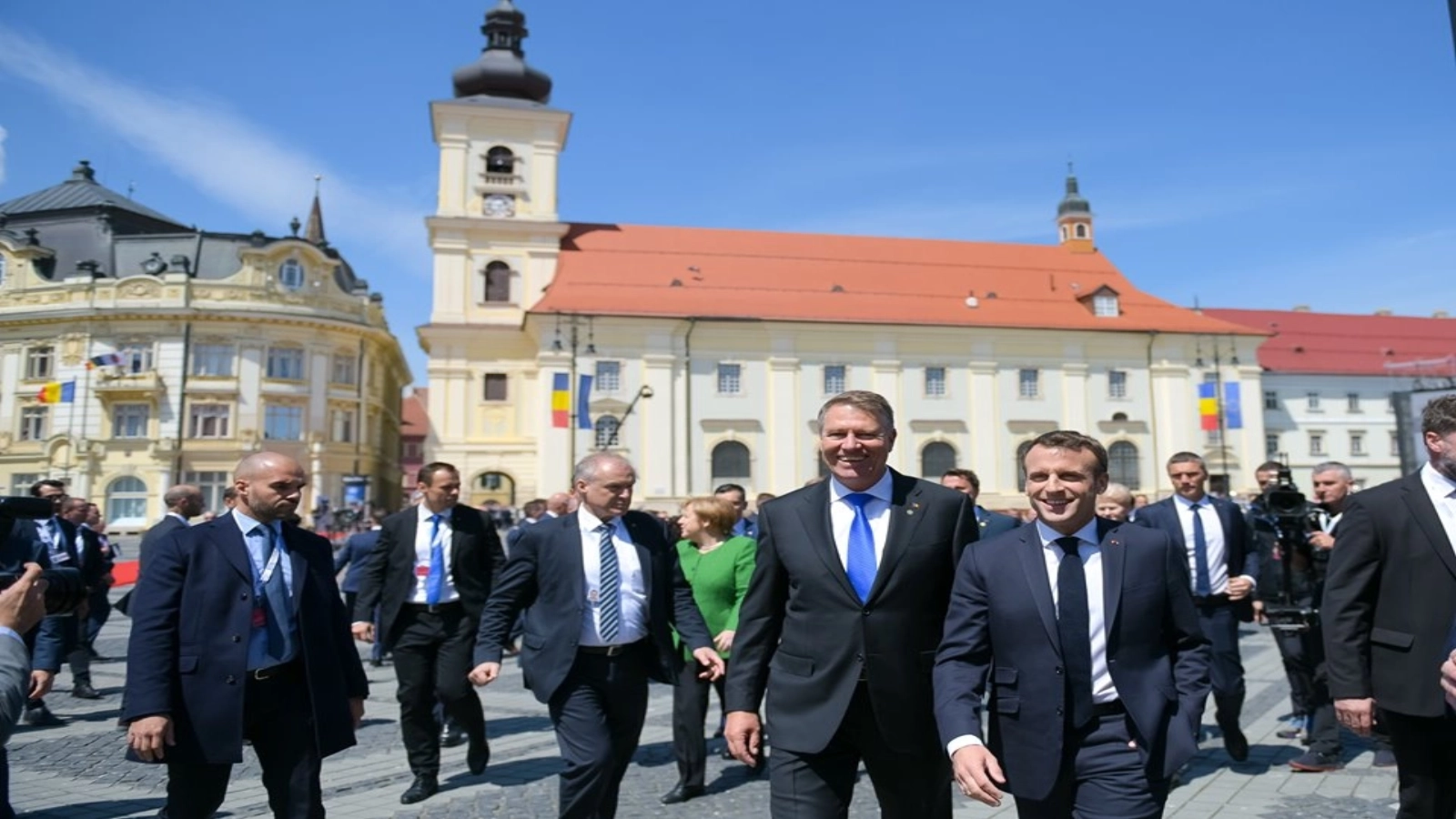

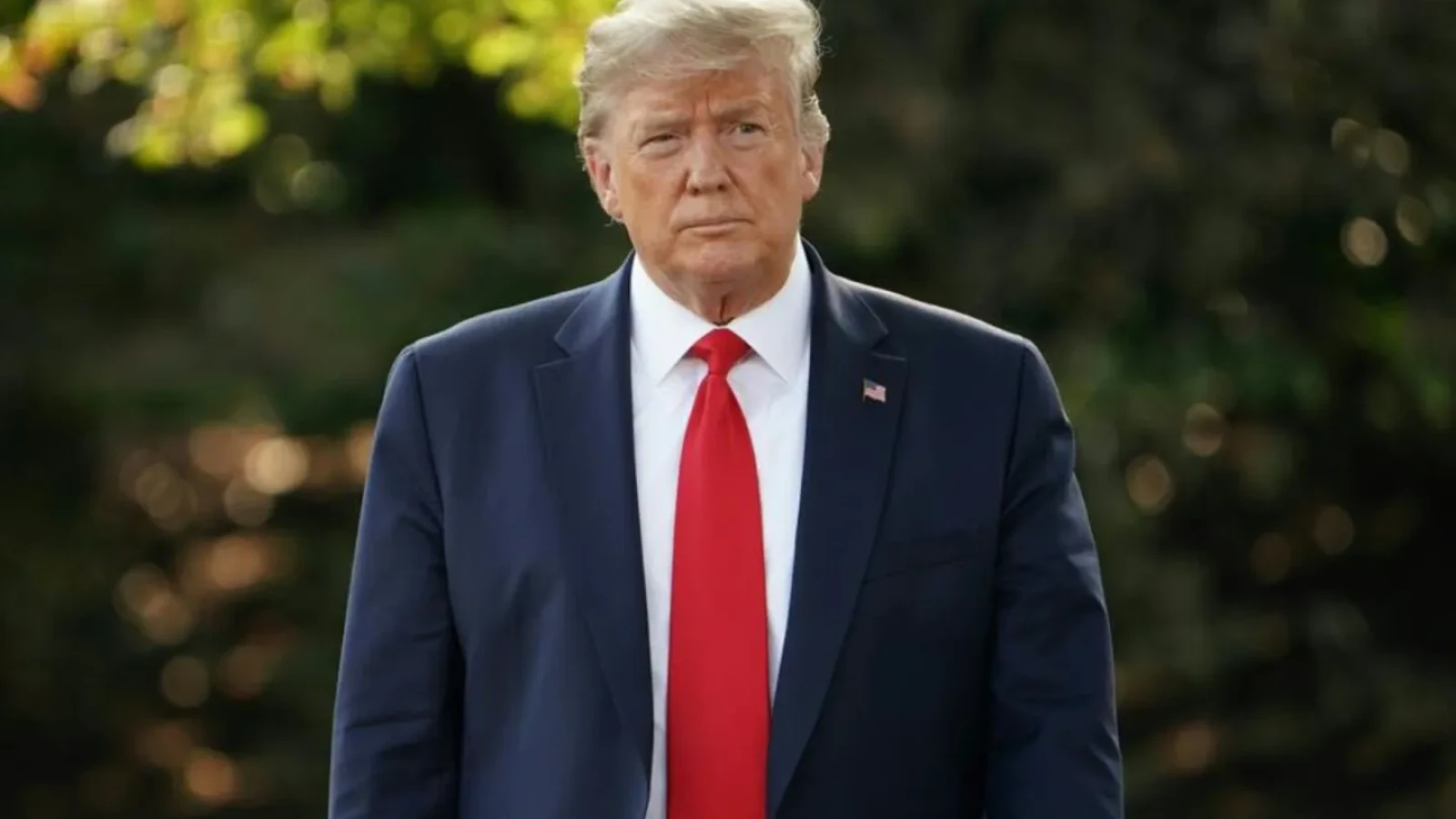
















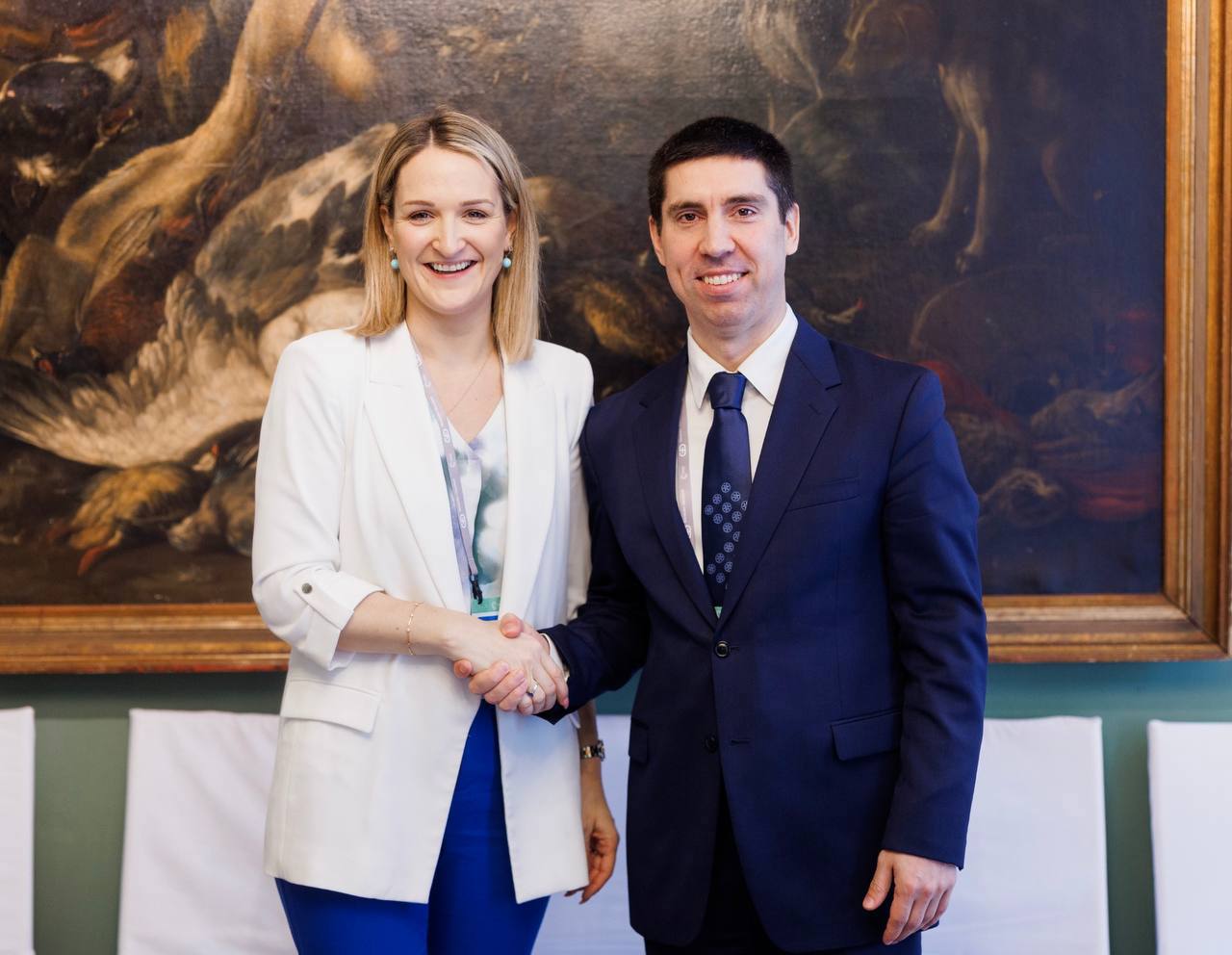
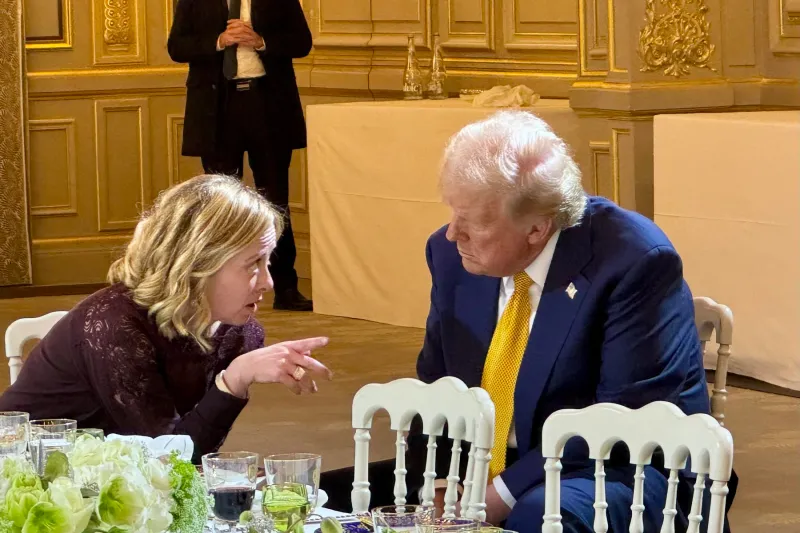
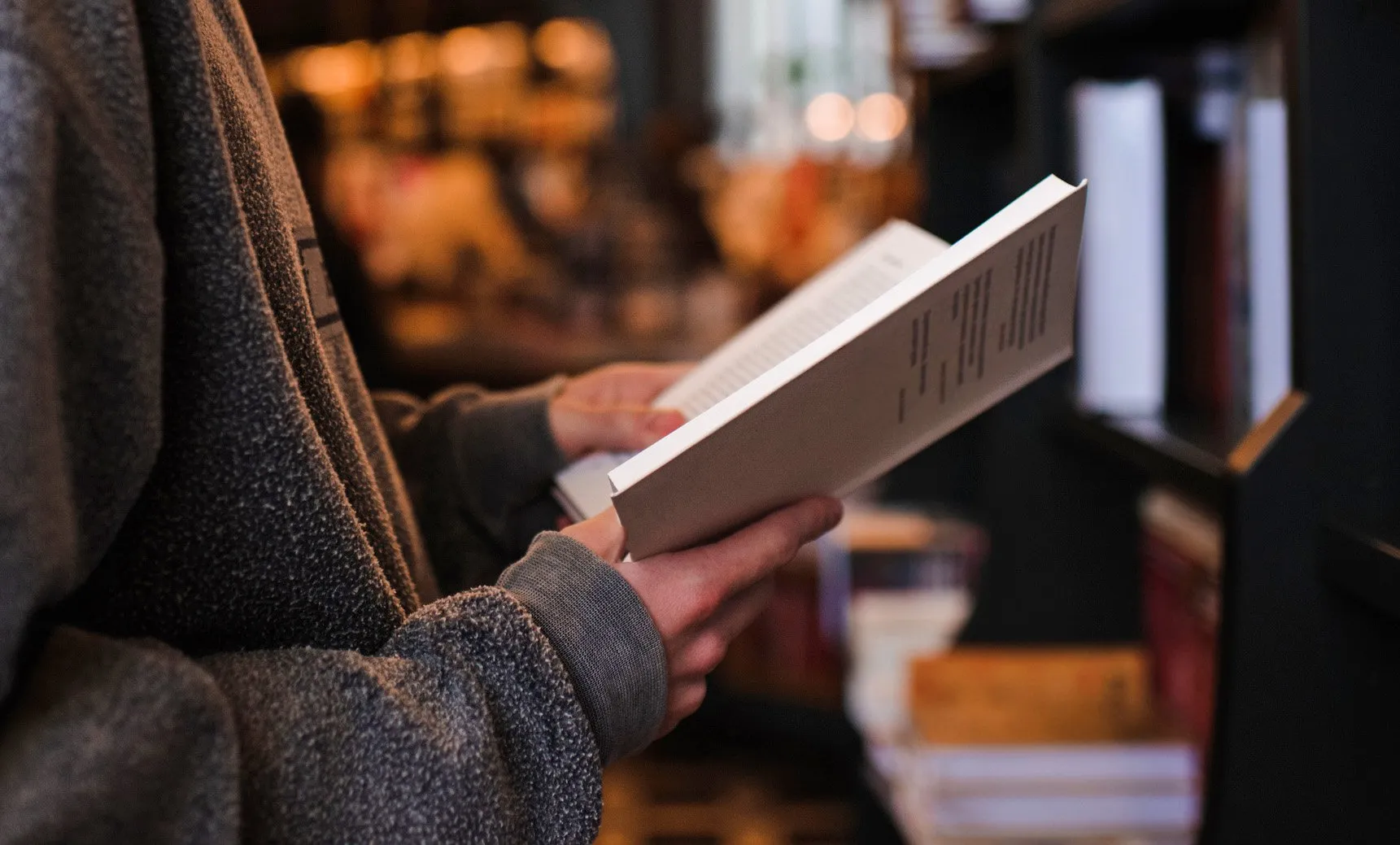
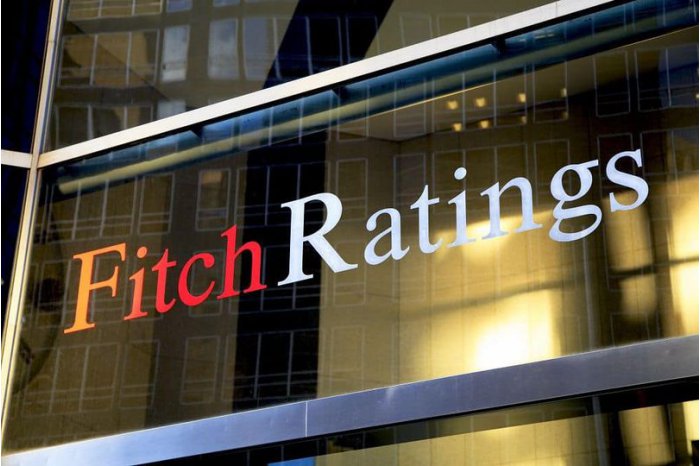

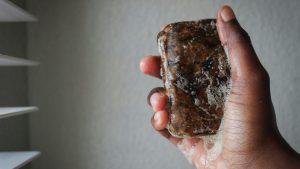






Comentează